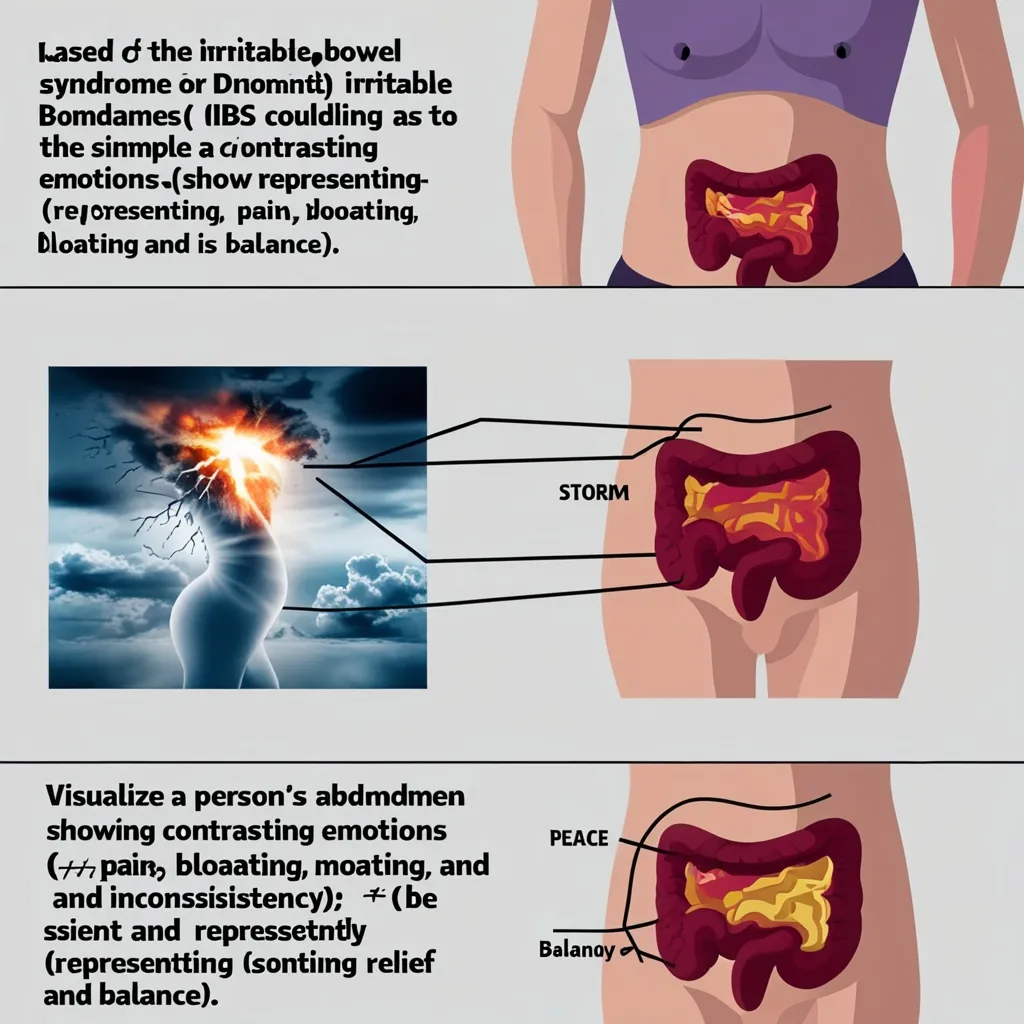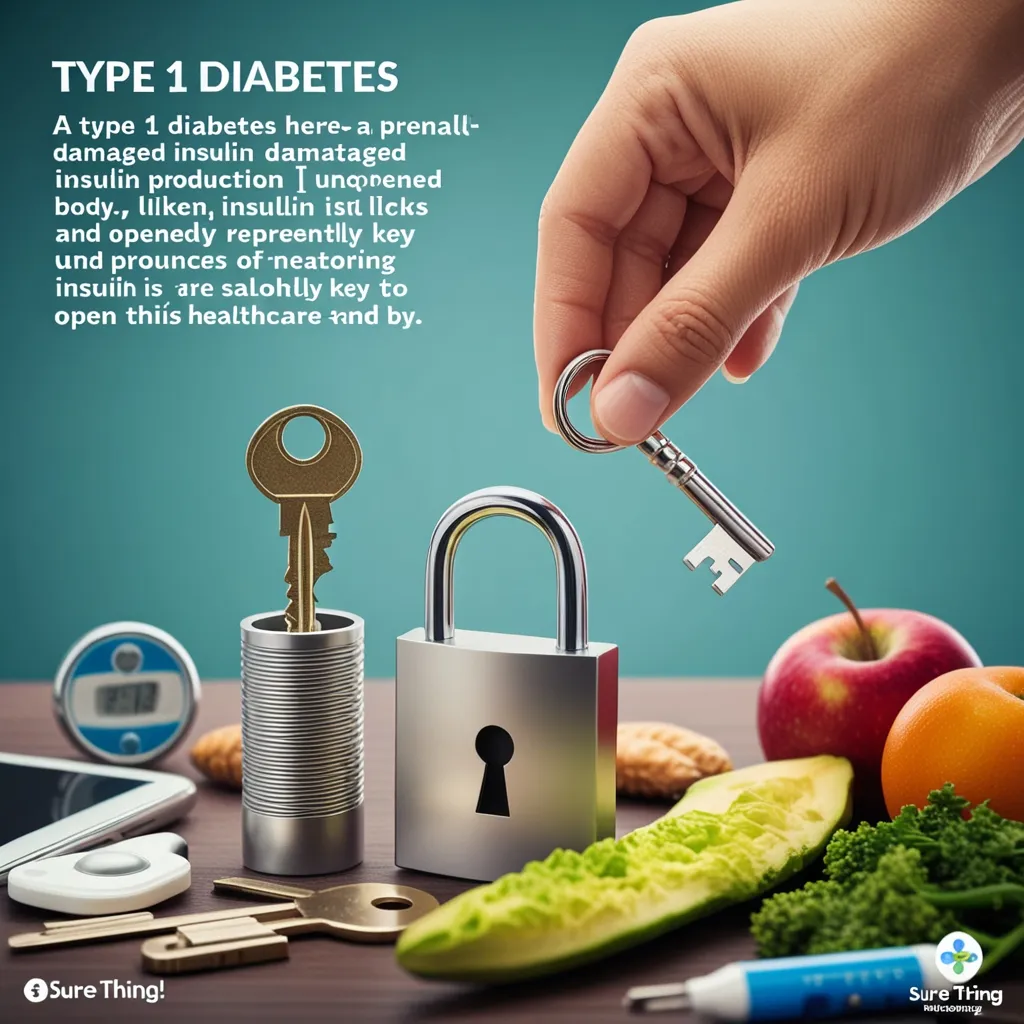Irritable Bowel Syndrome – or IBS as most people call it – is a bit of a mystery. It’s one of those conditions that a lot of people have, but no one really understands why it happens. It’s super common yet super frustrating.
The Rollercoaster of Symptoms
IBS comes packed with a variety of symptoms that vary from person to person. There’s no one-size-fits-all when it comes to this condition. For some, it’s the constant battle with diarrhea. Others can’t seem to get things moving, dealing with constipation instead. And then there are folks who get the delightful combo of both. It’s like the digestive system can’t make up its mind.
Abdominal pain is another party favor you get with IBS. It’s like your stomach decides to join in on your bowel movements, timing its pain just for that purpose. Sometimes, you might feel a temporary relief after you go, but don’t be fooled – it often comes back. Bloating and gas are honestly just the cherry on top. You ever feel like you swallowed a balloon? That’s the bloating we’re talking about.
The Gut-Brain Connection
Here’s where things get interesting. IBS isn’t just about your gut; it’s also about your brain. They’re like best friends that communicate all the time. If something’s off in this gut-brain relationship, it might mess with the signals, causing your digestive tract to act out. It can get all out of whack with food moving way too slow or way too quick. Annoying, right?
Possible Culprits
Even though we don’t know the exact reason behind IBS, experts have some guesses. Stressful events during childhood, mental health issues like depression and anxiety, and even bacterial infections can tip the scales. There’s something called Small Intestinal Bacterial Overgrowth (SIBO), where unwanted bacteria throw a little party in your small intestine. This can bring on all those classic IBS symptoms.
Stress isn’t just a minor factor; it’s a major player here. The more stressed you are, the more your intestines like to contract and get all sensitive. Not good.
Diet and Lifestyle Tweaks
Managing IBS often means shaking things up in the diet department. Figuring out which foods set off your symptoms can be a game-changer. Dairy, gluten, high-fiber foods, sugary stuff, and fatty foods are common suspects.
Some find relief by following a low FODMAP diet – basically avoiding certain types of carbs that are hard to digest. It takes some trial and error to see what works best, but once you nail it, life can get a bit easier.
Tackling Stress
Since stress is a sneaky troublemaker, managing it is crucial. Techniques like meditation, yoga, and cognitive-behavioral therapy can work wonders. Getting your zen on can help reduce stress and, in turn, tame those IBS symptoms. Don’t forget about regular exercise and good sleep. They both play huge roles in keeping you feeling balanced and well.
Medical Help
Sometimes, diet and lifestyle changes aren’t enough. Medication might be necessary to keep symptoms in check. There are meds that can help with everything from diarrhea and constipation to abdominal pain. Behavioral therapy, including counseling, can also be a helpful tool in your IBS-fighting arsenal.
Finding the right treatment plan is crucial, and it’s all about working closely with a healthcare provider. What works for one person might not work for another, so there’s a bit of trial and error involved.
Cracking the Case
Diagnosing IBS isn’t straightforward. There’s no magical test that says, “Yep, you’ve got IBS.” Instead, doctors usually rule out other potential issues first. This involves taking a detailed medical history, doing a physical exam, and running a bunch of tests to see what else might be going on.
The Day-to Day-Life
Living with IBS requires a lot of patience. And persistence. Lifestyle changes are part of the deal. It’s important to create a personalized treatment plan with your healthcare provider. This will likely include dietary changes, stress management techniques, and possibly medications.
Despite the ups and downs, many people manage to live well with IBS. Understanding the condition and making necessary lifestyle tweaks can truly make a difference. The goal is to improve quality of life and tone down those pesky symptoms.
In a nutshell, IBS is a complex condition that impacts countless lives. While we still don’t know exactly why it happens, understanding the symptoms, knowing potential triggers, and having solid management strategies can help immensely. Combining diet changes, stress management, and medical treatments paves the way for relief and better living.






